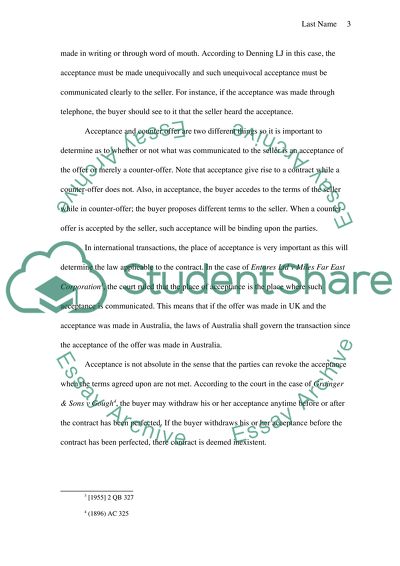Cite this document
(“Law (International Business) Essay Example | Topics and Well Written Essays - 2500 words”, n.d.)
Retrieved from https://studentshare.org/environmental-studies/1412035-law-international-business
Retrieved from https://studentshare.org/environmental-studies/1412035-law-international-business
(Law (International Business) Essay Example | Topics and Well Written Essays - 2500 Words)
https://studentshare.org/environmental-studies/1412035-law-international-business.
https://studentshare.org/environmental-studies/1412035-law-international-business.
“Law (International Business) Essay Example | Topics and Well Written Essays - 2500 Words”, n.d. https://studentshare.org/environmental-studies/1412035-law-international-business.


